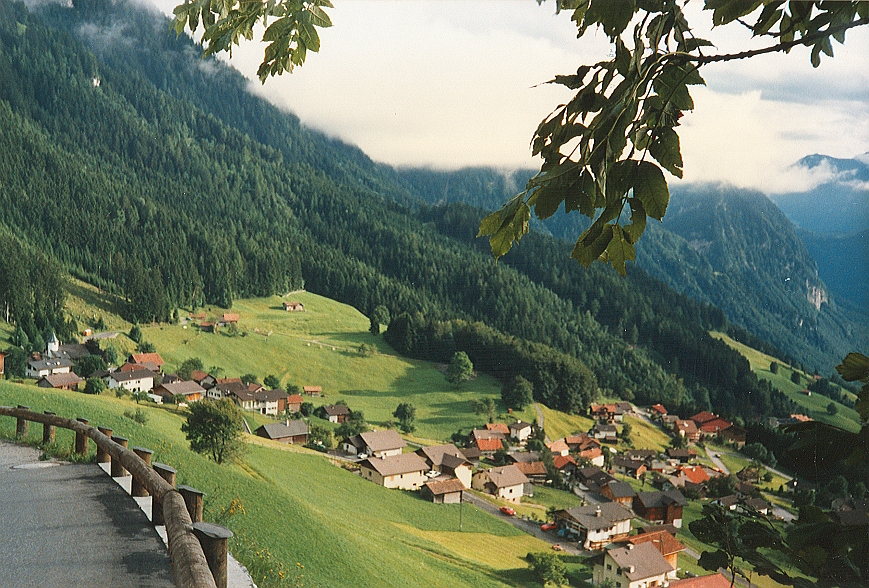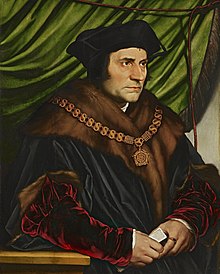
You may say I’m a dreamer,
but I’m not the only one.
I hope some day you’ll join us
And the world will be as one.
Imagine no possessions.
I wonder if you can.
No need for greed or hunger
A brotherhood of man
Imagine all the people sharing all the world.
(John Lennon, “Imagine”)
Triesenberg, Liechtenstein: 25 January 2016
Today in my explorations of Liechtenstein´s land of the Walser, I came across the history of a dreamer.
Jakob Vetsch (1879 – 1942), also known as Mundus, (in English, “the world”), lived in Triesenberg from 1927 to 1934.

Born in Nesslau, (the eastern end of the railway line that begins in Schaffhausen and runs through my village of Landschlacht), Jakob spent his childhood in Wald, Appenzell, where his father taught and his mother died during labour.
Jakob attended Gymnasium (high school) in Trogen and in St. Gallen.
Against the wishes of Jakob´s father for Jakob to become a teacher in his footsteps, Jakob fled for a time to Paris, returning back to Zürich in 1900.
Jakob studied German, English and Philiosophy at the University of Zürich.
He taught German in London from 1902 to 1903.
Jakob, interested in oral histories since his childhood, returned to Zürich where he began to work on publications dealing with the Swiss dialect and recorded on phonograph various oral histories he came across.
In 1910, Jakob began his second post-secondary degree in Zürich, in Jurisprudence and Macroeconomics.
He was appointed Secretary of the Board of a Zürich brewery in 1916, but after World War I he found himself in great financial debt.
Happily two years later Jakob married Marguerite Hübscher, millionairess daughter of the brewery´s majority stockholder.
Jakob was not to know happiness for very long as both his wife and their infant daughter both became ill and died.
In 1922, Jakob began a new career as novelist.
He, like many others of the first half of the 20th century, began to dream of Utopia. (Wikipedia)
“The relationship between place and well-being seems to be hard-wired into the human brain.
Making a better life for oneself suggests going to a better place.
It comes as no surprise that creating a new kind of place is central to the efforts of those who want to flee industrial civilisation and fashion a perfect society.
Once associated with hippie communes, this Utopian impulse has spread and diversified.
Today there is a huge variety of intentional communities.
The desire to escape urban life and build Utopia is not new.
There is always a new generation packing its bags and heading into the forest.”
(Alastair Bonnett, Off the Map)
The word Utopia was coined by Sir Thomas More in his 1516 book, meaning no place.
It was meant to describe an island society possessing near-perfect desireable qualities but in contrast with real places, frustratingly full of different histories, ideas and people.
The very idea of Utopia implies that Utopia could never exist.
Yet the intention to start such places is commonplace.
Many ordinary towns and suburbs began life as ideal communities.
What holds Utopia in people´s minds is not just a vision of a perfect place, but rather the experience of living in a bad one.
Plato, in his Republic, described the first Utopian proposal.

Society is divided into four groups: gold, silver, bronze and iron.
The gold are trained 50 years to become philosopher-kings.
The wisdom of these rulers eliminates poverty and deprivation through fairly distributed resources.
The Republic has few laws, no lawyers, and rarely sends its citizens to war, instead relying on mercenaries. (Wikipedia)
In Thomas More´s Utopia, there is no private property and no locks on any of the doors.

Agriculture is the most important job on the island.
Every person is taught it and must live in the countryside, farming for two years at a time, with women doing the same work as men.
Parallel to this, every citizen must learn at least one of the other essential trades: weaving (mainly done by the women), carpentry, metal smithing and masonry.
There is deliberate simplicity about these trades.
All people wear the same types of simple clothes and there are no dressmakers making fine apparel.
All able-bodied citizens must work.
Unemployment is eradicated and the length of the working day can be minimised:
People only have to work six hours a day (although many willingly work for longer).
More allows scholars in his society to become the ruling officials or priests, people picked during their primary education for their ability to learn.
All other citizens are however encouraged to apply themselves to learning in their leisure time.
Slavery is a feature of Utopian life and every household has two slaves.
The slaves are either from other countries or are Utopian criminals.
These criminals are weighed down with chains made out of gold.
The gold is part of the community wealth of the country, and fettering criminals with it or using it for shameful things like chamber pots gives the citizens a healthy dislike of it.
It also makes it difficult to steal as it is in plain view.
The wealth, though, is of little importance and is only good for buying commodities from foreign nations or bribing these nations to fight each other.
Slaves are periodically released for good behaviour.
Jewels are worn by children, who finally give them up as they mature.
Utopia is a welfare state with free hospitals.
Euthanasia is permissible by the state.
Priests are allowed to marry, divorce is permitted, premarital sex is punished by a lifetime of enforced celibacy and adultery is punished by enslavement.
Meals are taken in community dining halls and the job of feeding the population is given to a different household in turn.
Although all are fed the same, the old and the administrators are given the best of the food.
Travel on the island is only permitted with an internal passport.
Anyone found without a passport is, on a first occasion, returned in disgrace, but after a second offence they are placed in slavery.
In addition, there are no lawyers so the law is made deliberately simple, as all should understand it and not leave any doubt of what is right and wrong.
Privacy is not regarded as freedom in Utopia.
Taverns, alehouses and places for private gatherings are non-existent for all men must remain in full view, thus obliging good behaviour. (Wikipedia)
Jakob Vetsch, in his book Die Sonnenstadt (in English, City of the Sun), envisioned for 2100 a splendid Utopia, with administration and business run by the community, a land with no religion and no government, no capitalism and no colonialism.
His Sonnenstadt was a place of sexual equality between the genders, where children would choose which parent´s surname to adopt as their own, where money was eliminated, where people worked only 25 hours a week but sex before marriage was forbidden.
The world of literature and his contemporaries in Switzerland did not welcome Jakob´s contributions.
His open market economy had already been suggested by Silvio Gesells and his novel´s imagery previously created by persons like Friedrich Nietzsche and Richard Wagner.
Vetsch´s Utopia was considered typical of the day and even the book´s title was thought to a plagiary of Tommaso Campanella´s 1602 Utopian classic, La Citta del Sole.
The resulting rejection and the high costs of trying to publish his novel took a heavy toll upon Jakob.
When his in-laws tried to have Jakob committed to an insane asylum in 1927, Jakob fled to Liechtenstein, first living in Vaduz and then in Triesenberg where he began studying the Walser dialect.
Jakob returned to Switzerland in 1934 and entered politics in Oberägeri, Zug Canton, working his way up the political ladder until he became the president of the municipality in 1942.
But, true to form, fortune turned against Jakob, and he died from acute gangrene in his 9th month in office. (Wikipedia)
When I consider the life and vision of Jakob Vetsch, I am struck by a thought:
Is there really such a thing as a new idea under Heaven?
Should we condemn a person for presenting an old idea?
Is it so wrong, so insane, to want to build a better life, a better world?
Or should these ideas be hidden away in some far distant Alpine retreat, like Triesenberg, until the world is ready for them?
The mountains do not answer.

